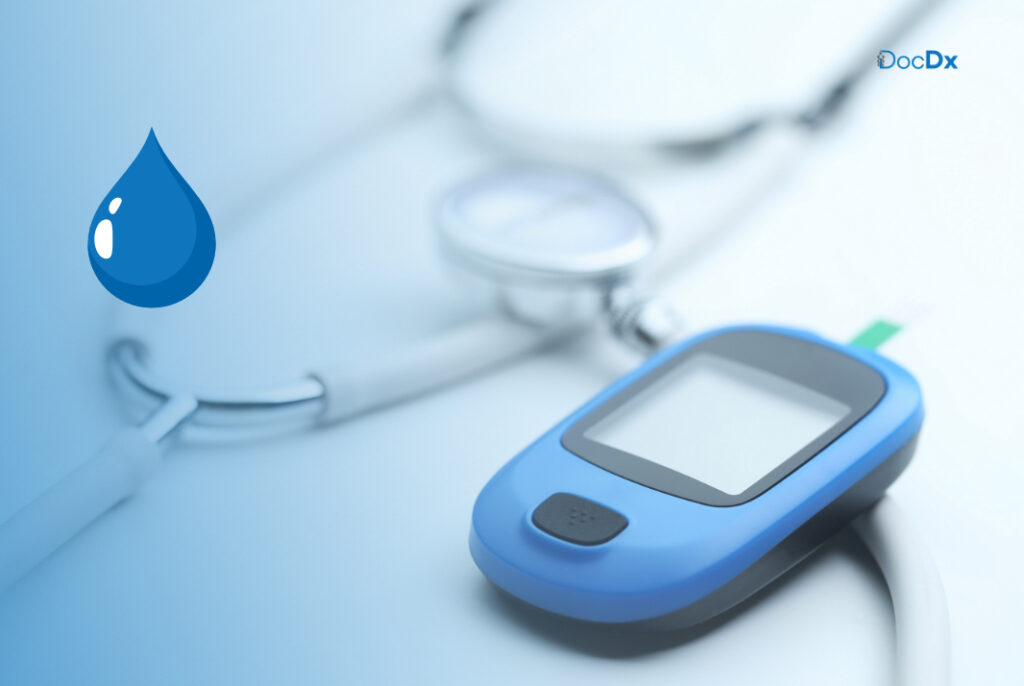Type 1 diabetes is a condition that often feels sudden, overwhelming, and confusing—especially when you’re first diagnosed. For families in Rockville, MD, understanding the causes and risk factors of this autoimmune condition can make a world of difference. Whether you’re newly diagnosed or supporting a loved one, knowing the facts gives you power and peace of mind.
What is Type 1 Diabetes?
Type 1 diabetes is a chronic autoimmune condition in which the body’s immune system mistakenly attacks and destroys insulin-producing beta cells in the pancreas. Unlike Type 2 diabetes, it’s not related to lifestyle choices or obesity. This means people with Type 1 need lifelong insulin therapy to survive.
The Immune System’s Role
Think of your immune system as your body’s security team. But in the case of Type 1 diabetes, that security team goes rogue and attacks the very cells meant to help you manage blood sugar—those precious insulin-producing beta cells. Once these cells are gone, your body loses the ability to regulate glucose levels on its own.
Primary Causes of Type 1 Diabetes
Genetic Predisposition
If someone in your family has Type 1 diabetes, your risk increases. Specific genes, such as the HLA-DR3 or HLA-DR4 alleles, are known to contribute to susceptibility. However, just carrying these genes doesn’t guarantee you’ll develop it—it only raises the likelihood.
Environmental Triggers
Environmental triggers, such as viruses (like Coxsackievirus or enteroviruses), are believed to play a role. They may trigger the immune system to attack pancreatic cells. Researchers are still working to pinpoint which infections are most responsible.
Other Potential Causes
Some studies have explored links between early exposure to cow’s milk proteins and an increased risk of Type 1 diabetes, but results are inconclusive. Similarly, low vitamin D levels and even cold climates may be connected. While these theories are interesting, more research is needed.
Common Risk Factors
Family History
If you have a sibling or parent with Type 1 diabetes, your chances of developing it are higher. However, the majority of cases occur in people with no family history at all.
Geography and Ethnicity
Type 1 diabetes is more common in people of European descent and in countries farther from the equator. In Rockville, where there’s a diverse population, this variation can influence who’s more at risk.
Age and Onset
Type 1 diabetes is most often diagnosed in children, teens, and young adults—hence why it used to be called “juvenile diabetes.” However, adults can also develop it later in life.
Early Symptoms to Watch For
Spotting the signs early can prevent serious complications like diabetic ketoacidosis. Be on the lookout for:
- Excessive thirst
- Frequent urination
- Unexplained weight loss
- Fatigue and irritability
- Blurred vision
If these symptoms sound familiar, don’t wait—get tested.
When to See a Doctor in Rockville, MD
Timing matters. If you or a loved one experiences any of the symptoms listed above, make an appointment with a local provider. Diabetes treatment is available at clinics like DocDx, where experienced physicians can diagnose and manage your condition effectively.
Diagnosis and Tests
Diagnosing Type 1 diabetes usually involves:
- Fasting blood glucose tests
- HbA1c levels
- Autoantibody tests
Want to better understand your test results? This guide to reading lab results breaks it down simply and clearly.
Managing Type 1 Diabetes
Insulin Therapy
Since the body can’t produce insulin, people with Type 1 must take insulin daily. This can be done through injections or an insulin pump. Your doctor will help determine the right type and dosage for your needs.
Blood Sugar Monitoring
Daily glucose monitoring is essential. Tools like continuous glucose monitors (CGMs) and finger-stick meters help you track trends and avoid dangerous highs or lows.
Lifestyle and Long-Term Health
Role of Diet and Exercise
You don’t have to give up your favorite meals, but understanding how food affects your blood sugar is crucial. Regular physical activity can also stabilize glucose levels. Here’s a helpful post on managing diabetes through diet and exercise.
Importance of Routine Care
People with pre-existing conditions need more frequent checkups. Learn more in this article on how annual physical exams differ.
Preventive Health Monitoring
Blood work plays a key role in preventive care. From cholesterol to kidney function, regular testing can spot issues early. Check out the role of blood work in preventive care to learn more.
Support Systems in Rockville
You don’t have to go it alone. Rockville offers support groups, counseling, and education for those affected by Type 1 diabetes. Look into local community centers, hospital programs, or join online forums tailored to your needs.
Type 1 Diabetes in Children
Managing Type 1 in kids involves extra steps—like school coordination, meal planning, and emotional support. Pediatric specialists in Rockville can help families adjust and thrive.
Misconceptions About Type 1 Diabetes
Let’s bust a few myths:
- Myth: Only kids get Type 1.
Fact: Adults can develop it too. - Myth: It’s caused by eating too much sugar.
Fact: Type 1 is autoimmune, not diet-related. - Myth: You can grow out of it.
Fact: There’s no cure—just management.
Living Well With Type 1 Diabetes
With the right tools, support, and mindset, living well with Type 1 is absolutely possible. Many people lead full, active, and joyful lives while managing the condition daily. You can, too.
Conclusion
Type 1 diabetes may be a life-changing diagnosis, but with knowledge, support, and proper care, it doesn’t have to control your life. If you’re in Rockville, MD, you’re in a community that values proactive healthcare and wellness. Stay informed, stay prepared, and take action today.
✅ Take the First Step Toward Managing Your Health




